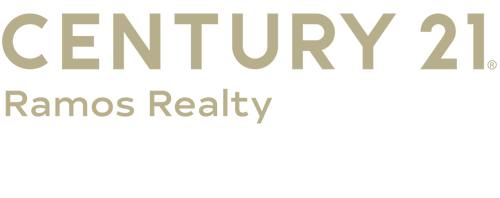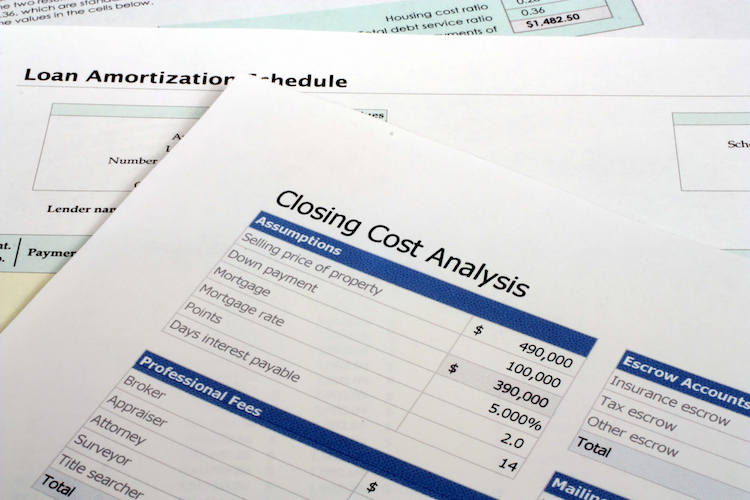When buying or selling a home, the excitement of the deal can sometimes be overshadowed by the looming question: What exactly are closing costs? These fees can add up, but understanding them will help you budget wisely and even save money along the way. Let’s demystify closing costs so you can walk into your transaction feeling confident and informed.
What Are Closing Costs?
Closing costs are the various fees and expenses buyers and sellers must pay to finalize a real estate transaction. They cover everything from lender fees to taxes and are typically paid at the closing table. For buyers, closing costs usually range between 2% and 5% of the home’s purchase price. Sellers often cover agent commissions, which can account for 5% to 6% of the sale price.
What’s Included in Closing Costs?
Here’s a breakdown of common closing costs for buyers and sellers:
For Buyers:
- Loan Origination Fee: Charged by your lender to process your loan.
- Appraisal Fee: Pays for a professional valuation of the property.
- Title Insurance: Protects against future title disputes.
- Home Inspection Fee: Ensures the home is in good condition.
- Escrow Fees: Covers the services of an escrow company managing the transaction.
For Sellers:
- Real Estate Agent Commissions: Typically the largest expense for sellers.
- Transfer Taxes: Fees for transferring the property title.
- Prorated Property Taxes: Sellers pay taxes up to the date of closing.
Pro Tip: Some fees, like home inspections and appraisals, are negotiable or can be shopped for. Always ask your lender and agent for advice on reducing costs.
How to Save on Closing Costs
1. Compare Lenders:
Different lenders charge different fees. By shopping around, you can find one with lower closing costs or better overall terms.
2. Ask About Credits:
Many sellers are willing to offer credits toward closing costs as part of the negotiation. This is especially common in slower markets.
3. Know What’s Negotiable:
Not all closing costs are set in stone. For instance, you may be able to negotiate lower escrow fees or title insurance costs.
4. Timing Matters:
Closing near the end of the month can reduce prepaid interest charges, which are part of your closing costs.
Pro Tip: Always request a Loan Estimate and a Closing Disclosure from your lender to review costs before signing anything.
Why This Matters
Understanding closing costs doesn’t just help you budget—it can unlock opportunities to save thousands of dollars. By negotiating strategically and knowing what’s included, you’ll feel empowered at the closing table.
We believe informed decisions lead to confident homeowners. Ready to navigate your home purchase or sale? Let’s work together to make your closing as seamless and affordable as possible.
Quinn Fenwick, ACA
Advanced Commercial Advisor (ACA)
Certified Real Estate Negotiator
REALTOR® PowerAgent
Residential and Commercial – Real Estate Investment Specialist
Direct: (551) 337-1429
Office: (610) 866-4423
realestatequinngroup@gmail.com
www.realestatequinn.com
Instagram: @realestatequinn
Facebook: @therequinncompany


 Facebook
Facebook
 X
X
 Pinterest
Pinterest
 Copy Link
Copy Link



